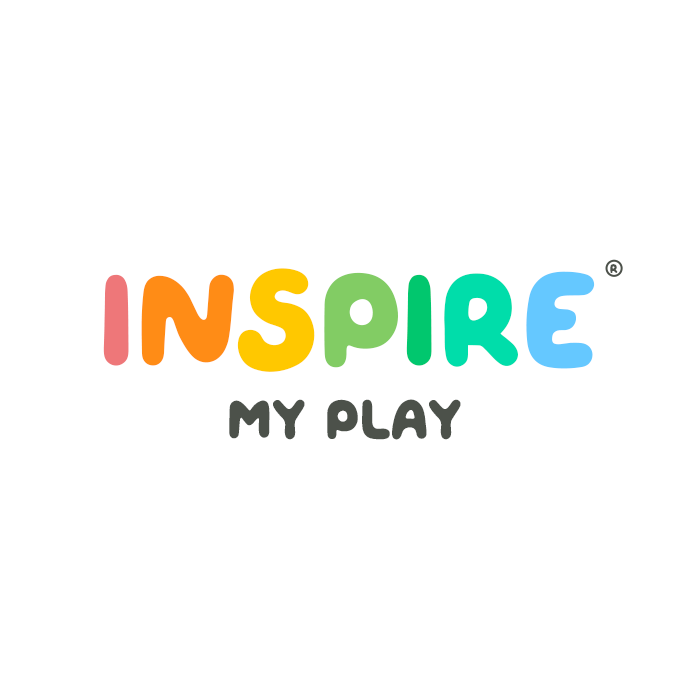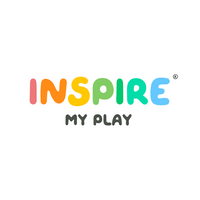10 Tips to Support Your Child Through the Reception Year
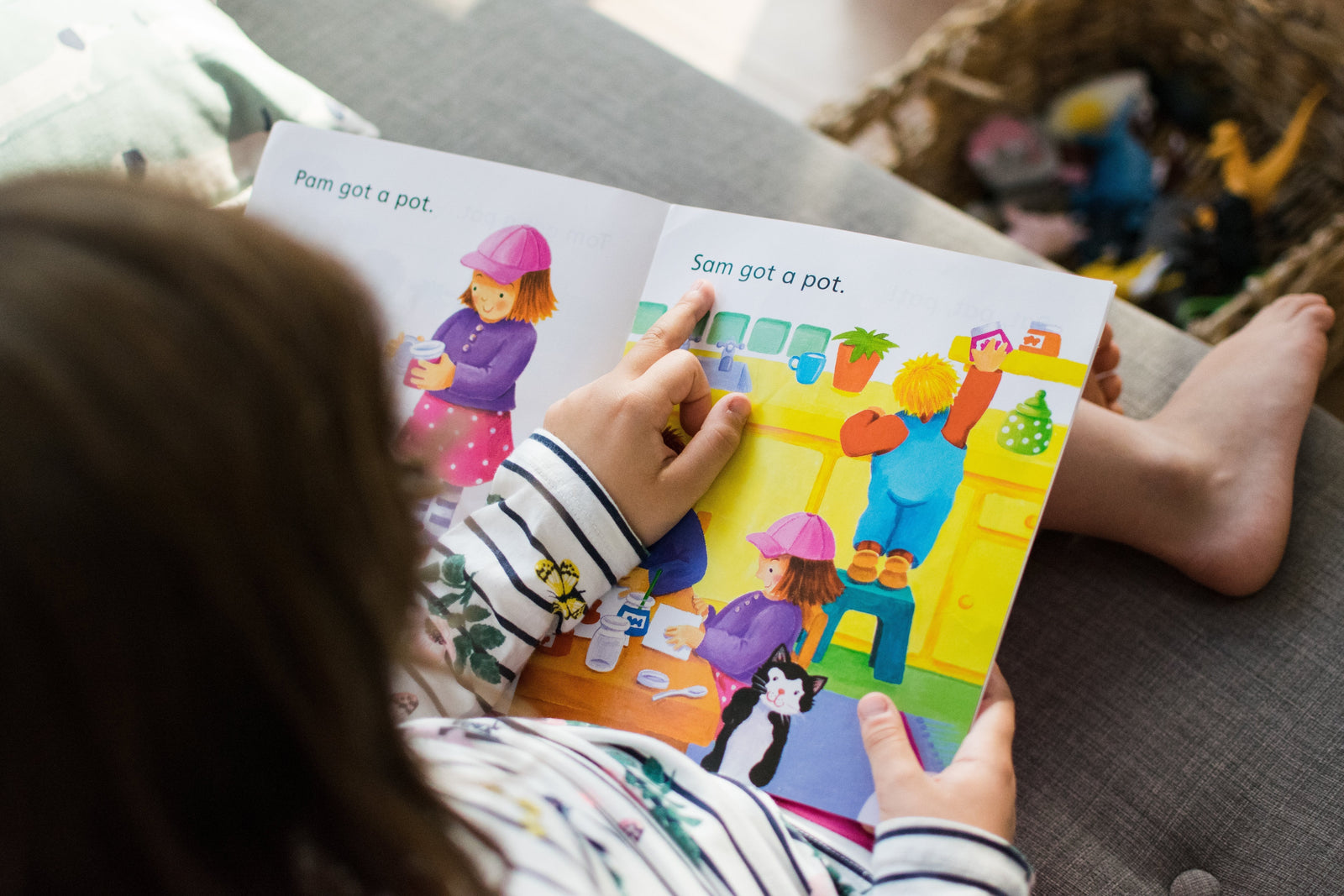

Laura @inspiremyplay
Founder of @inspiremyplay, Early Years teacher for 11 years and mummy to three gorgeous girls. I'm passionate about about the benefits of play in early childhood.
This post may contain affiliate links. This means that if you click on a link and go on to make a purchase, I may receive a small commission (at no additional cost to you). Please read my disclosure policy for more details.
Starting school is a huge milestone for your child and for you as a parent! I've read a lot of great things recently about preparing children for making this transition, but what about supporting children throughout their first school year? So much personal development and learning goes on in Reception that is hugely significant for our kids and their futures, so today I'm sharing some simple tips to help you to make it a success.

Why is the first year of school so important?
Of course every year of school is important but I would argue that there is a special opportunity in a child's first year to shape them as learners and help them develop positive attitudes towards school that will hopefully last throughout their schooling.
In the first year of school children will lay the important foundations in reading, writing and maths that they will need for all future learning. One of the reasons that I loved teaching Reception so much was because of the hugely rewarding feeling of helping children grasp these early concepts. Hearing children read their first words is just one of the best feelings!
But there's much more to the Reception year than this! A Reception teacher's job is to cultivate the skills and attitudes in children that they will need to be life-long learners. This includes attitudes such as not giving up when they face challenges and being willing to have a go at new activities or experiences.
And then there's all the physical, social and emotional development that is also going on in our little people's lives at this time. And the fact that they have to adapt to being in a new environment with new routines and expectations.
I've had the privilege of guiding 9 Reception classes through their first year of school. And I've now also experienced it from the other side as a parent eager for their child to have a positive start to their schooling. So how can we as parents best support them? Here are some of my top tips for making a success of your child's first year of school.
1. Help them to settle well
Children learn best when they feel safe and happy. So in those early weeks try to do everything you can to help make the transition to school smooth. For some kids this will be a breeze, but for others they will need a lot of support and empathy to settle well. If you're one of the parents with tears at the school gate be rest assured that most children are fine once their parents disappear. Try to keep in mind that this time of separation anxiety will soon pass! Here are a few pointers for helping this transition:
- Children pick up on our anxiety. Be as positive as you can about this exciting new chapter and save your tears until they're out of sight!
- Children thrive on routines and good sleep! Try to stick to a regular bedtime routine.
- Hopefully the school will have shared a typical daily routine with you. Talk through it with your child so that they know what to expect. For some children it may help to draw it out and make a visual timetable.
- Expect some mood swings and behaviour that is out of character in the early days. Be patient, give them space and this will pass.
- Keep listening and talk through any worries or concerns they might have about school. Reading stories about starting school or stories that touch on common anxieties is a great way of normalising how they are feeling. Stories also act as great conversation starters.
2. Value play
"Whoever wants to understand much must play much.” - Gottfried Benn
Learning through play is a huge part of the Reception year and for good reason. From improving listening and speaking skills to encouraging creativity and imagination, the benefits of a play-based education are well backed-up by research.
Sadly I've heard many people say things like "but they've done all that in preschool, isn't it about time they did some proper learning?"
But it is in their play that kids naturally learn- it's what they've been doing from just a few weeks old! Crucially it's where they are most motivated to learn. Play-based learning meets children where they are at and builds on their natural motivation and interests. It's also where kids learn how to learn which will be so important in years to come.
So value the play that they do at school, but also value play at home too. It's easy to get in the habit of just watching TV after school but kids still need to be encouraged to enjoy time playing. They'll also need to be encouraged to do any home learning set by the school. Keep this playful and fun whenever you can and you'll find it much less of a battle to get them to do it.
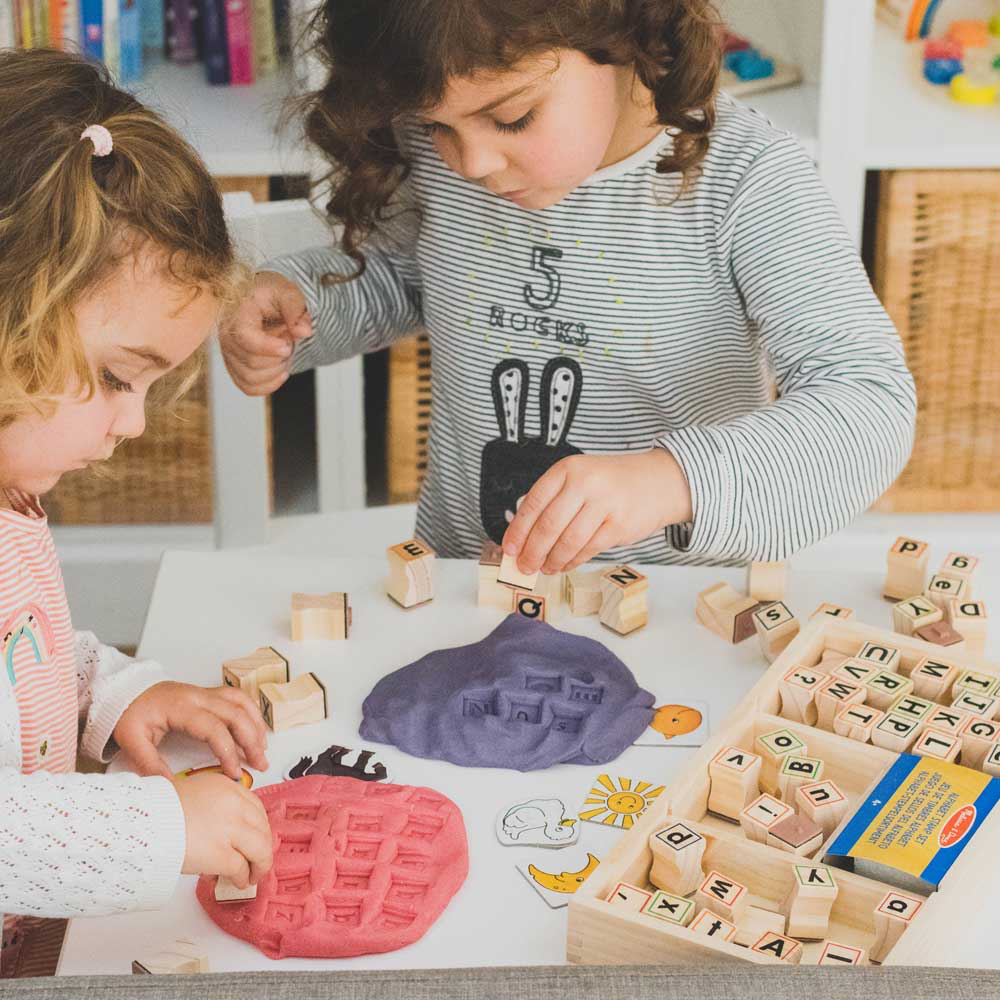
3. Learn a little about the curriculum
You don't need an in-depth knowledge of the curriculum but it helps to know a little bit about what your child will be learning in their first year. That way you'll understand better what your child is working towards and can support their learning at home.
In the UK the curriculum is called the Early Years Foundation Stage and spans the first 5 years of life until the end of the Reception year. Towards the end of Reception your child's class teacher will have to decide if they have met the Early Learning Goals.
As you would expect, the Early Learning Goals cover areas such as reading, writing and learning numbers. But, amongst other things, they also cover physical development, communication and language and personal, social and emotional development. In fact these are known as the prime areas of learning and underpin all the other learning that goes on the classroom.
And running alongside this, teachers are required to work on what are known as the Characteristics of Effective Learning. These are all the important skills and attitudes needed to develop life-long learners.
4. Build concentration skills
When your child starts school they will be expected to concentrate for short periods of time on the carpet or at a table in a small group. Most schools are good at building up the expectations for concentration gradually over the year but there will be times when the ability to concentrate is going to be really important.
Children with good concentration skills are more likely to take in their learning and cope with tasks that are more demanding, such as writing.
If your child's ability to concentrate is of concern to you try to build in times to improve it. After the school day may not be the best time to do this, particularly in the first term when they are likely to be very tired.
Instead build in time at the weekend to do fun, playful activities that require good concentration such as puzzles, games and listening to audio stories. Studies have shown that screen time actually decreases attention span so try and limit this as much as possible.

5. Keep life simple!
Simply going to school, managing all of the new routines and expectations and having the energy to learn is a huge task for a 4 year old. So my advice would be to keep their out of school life as simple as possible, especially in the first term. They'll be plenty of time for play dates, clubs and lots of exciting adventures in years to come!
6. Talk to the teacher
As a parent you will know your child better than anyone else. Don't be afraid to share important information with the class teacher that helps them best care for your child. Even sharing your child's current interests or achievements is helpful so that teachers can make learning even more meaningful for them.
If you live in the UK, when your child starts school they will be assigned a Key Person. This person is there to look out for your child's well-being and make sure they feel safe and secure. Different schools tackle this in different ways. Their key person may be the class teacher or if there are several adults in the classroom, such as teaching assistants, then the class may be split between them.
Whoever the key person is, having a positive, friendly dialogue with them in front of your child is really important. Knowing this is someone that mummy or daddy trusts will go a long way in helping your child feel secure and confident when you leave them at the door.
7. Read, read, read!
It goes without saying that learning to read will be a significant focus of your child's first year of school. And it's not an overstatement to say that you have a huge role to play in that. Building in a regular time for your child to practice their reading is so important if they are going to make good progress. Whether that's before school, straight after school or at bedtime, find a time that fits with your family routine and try to stick with it.
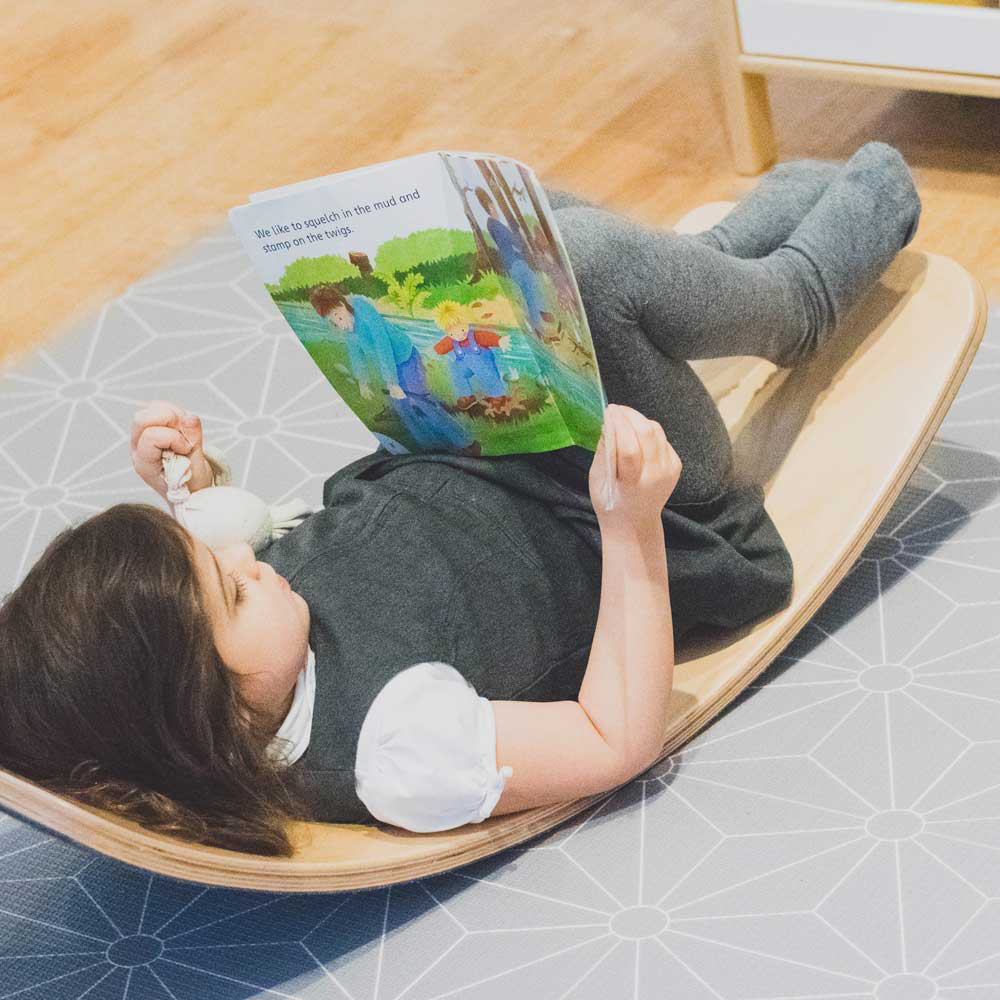
In the early days it can be hard to think how to support your child when they can't yet read any words. Here are a few suggestions:
- Allow them to tell the story in their own words
- Hunt for letters that they are familiar with e.g. " Can you find a 'm' on this page?".
- Read the story to them but ask them to help you out with blending the sounds to read some of the words e.g. " 'd-o-g' what word does that sound like?"

And with all the reading going on try your best not to neglect bedtime stories. Even the most able readers need bedtime stories! It introduces them to new vocabulary and story language and feeds their imagination! It's also a lovely way to re-connect with your child after a busy day.
8. Learn how to say the letter sounds correctly
If there's one piece of advice I can give to help you support your child with phonics it would be to make sure you know how to say the letter sounds correctly. We call these 'pure sounds' and some of them might catch you by surprise. You can read this Instagram post to learn why pure sounds are so important. If you need some help articulating the sounds correctly check out this helpful video from Oxford Owl.

9. Focus on fine motor skills
Good fine motor skills are essential for lots of tasks that children will need to do at school such as doing up zips and buttons and using tools, such as a knife and fork.
One of the biggest fine motor challenges your child will face in their first year is going to be writing. Writing requires so many additional skills so if you can work on developing good fine motor skills and pencil control this will certainly help.
There are lots of fun ways you can improve fine motor skills such as play dough, threading beads or playing with lego. If you'd like to find out more about the types of activities and toys that will help fine motor skills check out this post here.

10. Talk to your child
Talking about the school day shows your child that you are interested in what's going on in their lives. It also shows them that you value education and school, which encourages them to value it too.
Talking about school also helps you to gain a valuable insight into their day, hear about their achievements but also about any worries or problems that they might be having. Picking up on these challenges early will hopefully mean they can be dealt with before they get too big.
Encouraging your child to talk about their school day can be tricky sometimes. Don't be disheartened if they are reluctant- this is very common! Here are a few tips:
- Try sharing a little about your day first to encourage them to share back.
- Choose a time to talk when they are not distracted by the TV or other devices.
- Try to avoid closed questions that can be answered with a yes or no answer but equally be mindful that 'how was your day?' or 'what did you do today?' are overwhelming questions for some children.
- Ask open, but specific, questions, for example- What was the best thing you did today? What was the hardest thing you did today? Who did you play with today?...
Starting school brings with it a range of emotions for both children and their parents and it's completely normal to be feeling nervous about it. Be assured that most children do settle well and flourish at school! If you are ever in doubt that you are doing the right thing or have worries or concerns always talk to your child's class teacher- they are there to help you as well as your child. And feel free to drop any questions to me below or contact me via Instagram if I can be of any help.

Get your FREE ebook
For more simple DIY recipes & ideas for sensory play at home download your Beginner's Guide to Sensory Play by subscribing to Inspire My Play today.

